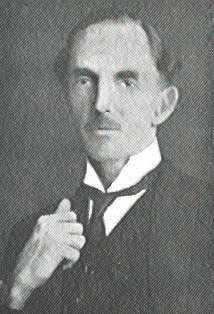"Cast your bread upon the waters, for after many day you will find it again. Give portions to seven, yes to eight, for you do not know what disaster may come upon the land."
Signs of the economic convulsions of our times are everywhere. There is new violence in the Middle East. Scandals continue to plague the government, the private sector and the Church. Confidence in the notion of a better tomorrow is in a tailspin. What should we be doing in times like these?
I believe Ecclesiastes 11 gives us the answer through a couple of powerful images: One of these images is to "cast our bread" another is to "sow our seed". Sowing must take place in good times and in bad. We can't predict things beyond our control. We can't wait for "the perfect time" to sow new seed. In this passage, God gives us a wisdom for all times (good or bad): keep on sowing (see verses 1 through 6). You are, in fact, living today off of seed you sowed yesterday. The person who tries to live today off of seed they sowed this morning (or plan to sow next year) is in trouble.
In urging us to "cast our bread upon the waters", the writer is not calling us to feed the ducks at the local pond. A more literal rendering of the Hebrew helps us to better understand his point:
"Send your substance [out] over the face of the water [i.e., the sea] that you may find it [again] many days hence."
To send our substance out "over the seas" is to make an investment. It is the language of exploration, of trade, of discovery. It is to put ourselves and our "substance" out there in seven or eight different ways. "You do not know what disaster may come upon the land."
Circumstances are not always under our control, but if we have been actively extending our time, talent and treasure in broad ways, we will be far less subject to the kinds of crises that inflict those who "put all their bread in one basket", so to speak.
This is not only good financial advice (diversify!), but it is a recipe for living. In good times and bad, we need to continue to press out into the potential opportunities -- to cast our bread and sow our seed -- in a variety of places where it can be blessed. In my next post, I'll write more about what this might look like, continue to refelct on the Ecclesiastes passage, and begin to make some practical applications you may find helpful.
The Venezuela Conversation at Menlo Church
6 years ago








.jpg%20flip.jpg)




